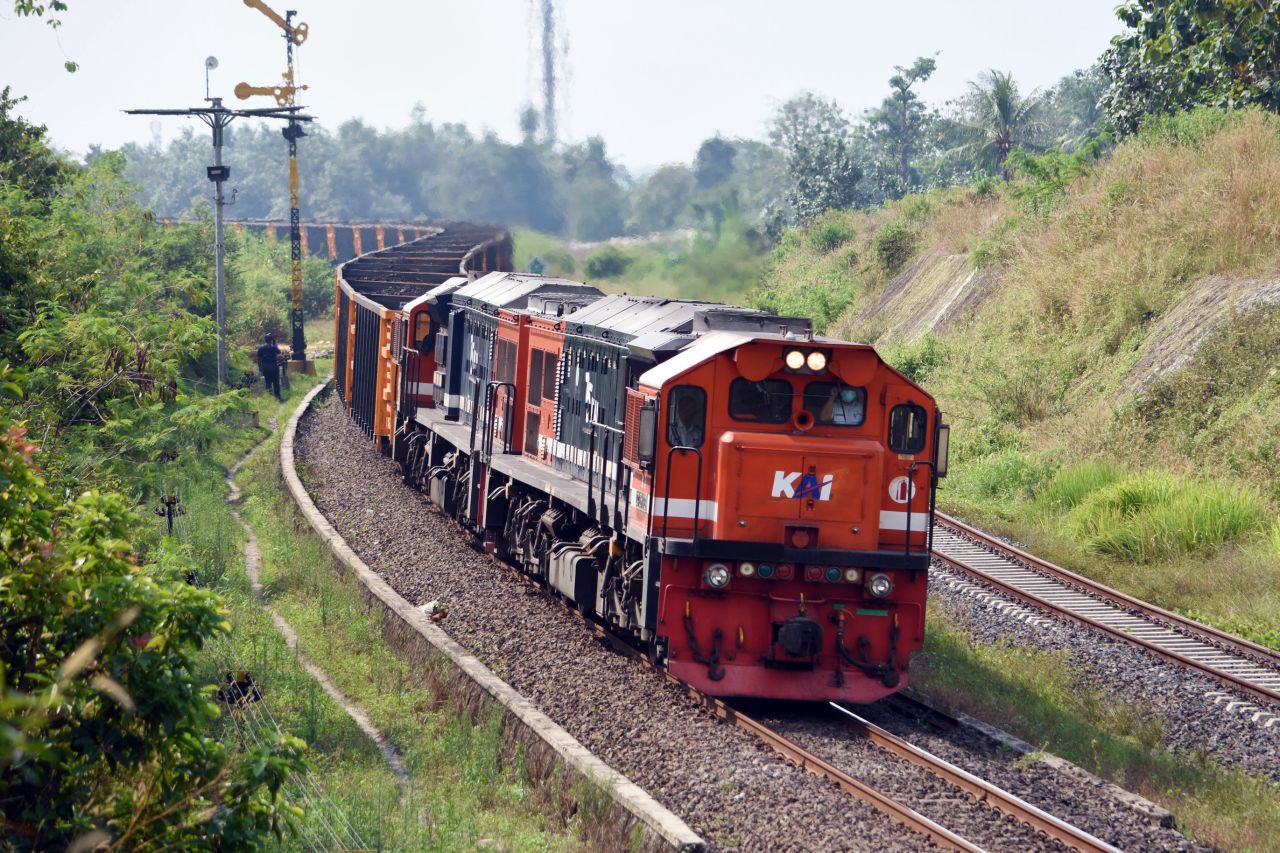Railway BUMN Holding Will Clarify The Functions And Roles Of Regulators And Operators

JAKARTA - The establishment of BUMN holding in the railway sector is considered to be able to further strengthen and emphasize the functions and roles of operators and regulators in the domestic railway sector.
The President of the Federation of Railway Workers Unions and the General Chair of the Railway Workers Union, Edi Suryanto, said that after the government issued Law (UU) No. 23 of 2007 concerning Railways replacing Law No. 13 of 1992 on Railways, this sector advanced rapidly as the government's attention to the railway sector increased.
"There are many works for railways, especially for the construction of rail infrastructure, signaling, tunnels, bridges and electricity networks on KRL. This sector is progressing rapidly as the government pays attention to the railway sector," said Edi quoting Antara.
He said, with the establishment of the Directorate General of Railways (DJKA) under the Ministry of Transportation as a policymaker regulated in Law 23/2007, the government clarifies its role and function as a regulator who makes policies and implements infrastructure development.
Edi views the government as a regulator as implementing a function like a match-organizing referee so that all operators play well, fairly and cleanly.
Regulators as budget attorneys from the APBN to determine and provide subsidies, also build railway infrastructure and have carried out their functions as expected.
In Law No. 23/2007, it is also regulated regarding road maintenance, because the rail road infrastructure, signaling and others are assets and government property which are then handed over to operators for treatment.
Likewise, other roles such as preparing a rail road maintenance budget (IMO).
"Regulators have succeeded in building a number of railway projects in Java, Sumatra to South Sulawesi, and have also handed over their operations to business entities as operators as mandated by law without being transformed into players," said Edi.
On the other hand, according to Edi, the performance of PT KAI as the operator is currently at its best since it was initiated at the beginning of the change in the status of Perumka to Persero until the era of transformation under the leadership of the Minister of Transportation Ignasius Jonan. PT KAI is in a condition that is ready to improve progress and services to the community.
"The proof is that many foreign nationals are witnessing the management of trains in Indonesia and even defeating services in their own country," he said.
PT KAI has also carried out its function well to serve the community and the country with a record carrying 421.7 million passengers and 63 million tons of goods so far. The train plays a significant role in supporting the smooth running of national traffic and is an efficient national logistics system solution.
"PT KAI is able to be an example in the best management and service for transportation modes in Southeast Asia. So there is no reason to present other operators that are more successful than PT KAI, nor is there any reason for improvement from the managerial side," said Edi asserted.
Edi added, these positive achievements show the success of a clear separation and distinction between regulators and operators, without any intervention and intervention and maintaining each other's respective functions.
Even so, Edi saw, there are several things that can be perfected from Law No. 23/2007, including affirmation, regulating the role of regulators in civil work projects, so that they do not enter the operator area.
SEE ALSO:
"Regulators simply provide direction, policy and evaluation in the construction and maintenance of railway infrastructure," he said.
Then, the assignment of infrastructure care and even development can be carried out by the BUMN holding in the railway sector or business entities, the best organizing body or operator.
"Thus the role of regulators in projects can be delegated. Regulators assign assignments to revitalized operators and are strengthened in integrated holdings," he said.
KAI as a holding, he assessed that in the future it can oversee various functions, starting from the management of facilities, infrastructure and RIGHT of way assets. Related to this, continued Edi, it is necessary to study the formation of a Facilities Care Business Agency, Infrastructure Care Business Entity, and the Maintenance Business Entity for Existing ROWS Assets, which will all be in the same direction as the railway BUMN holding.
"So that regulators don't have to bother getting involved as an operator for maintaining infrastructure, facilities and ROW assets. Because the management aspect has been carried out properly by the operator and it is enough for each of them to respect what is regulated in the law," he explained.
According to Edi, the government remains focused on determining the policies and the implementing bodies that are currently running as policy executors.
